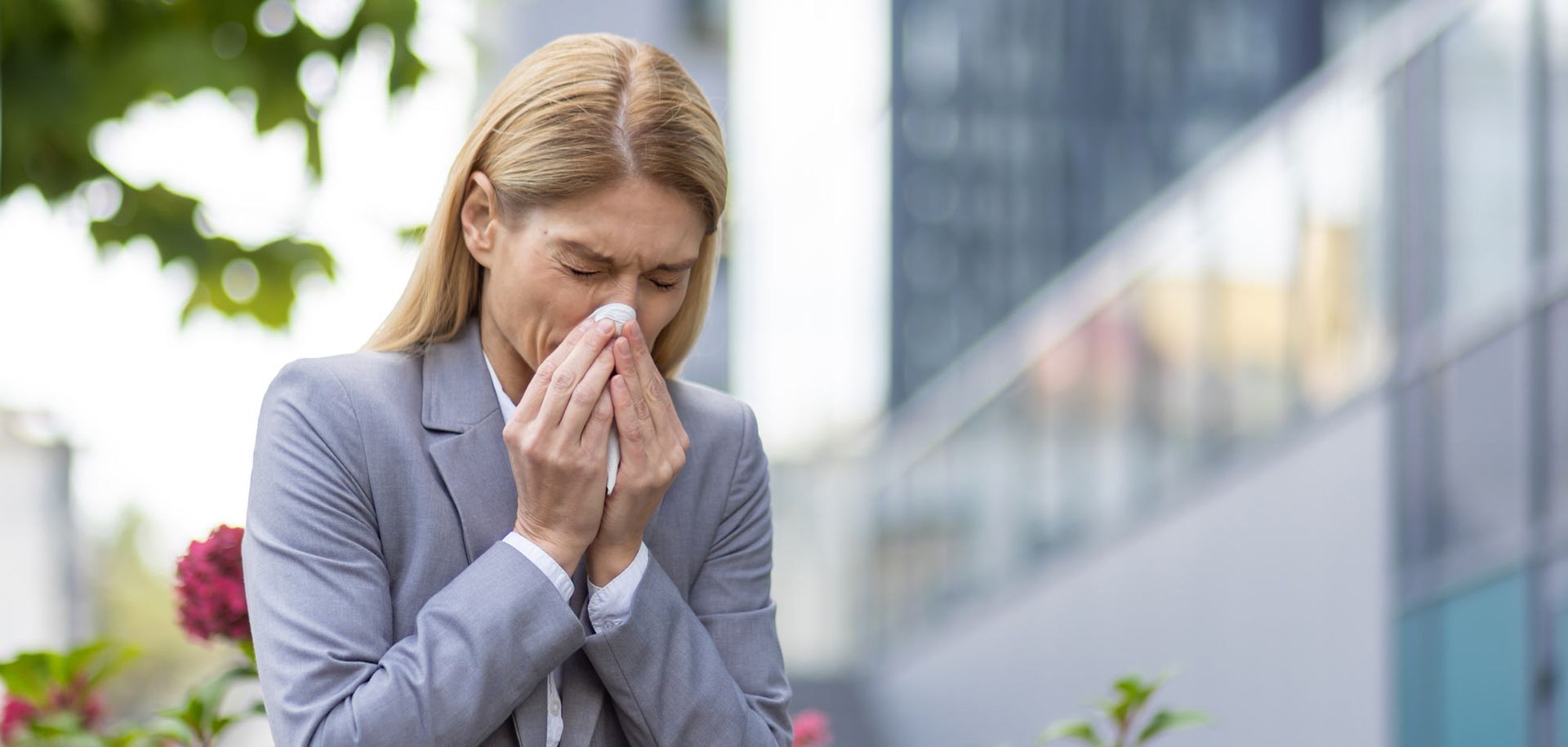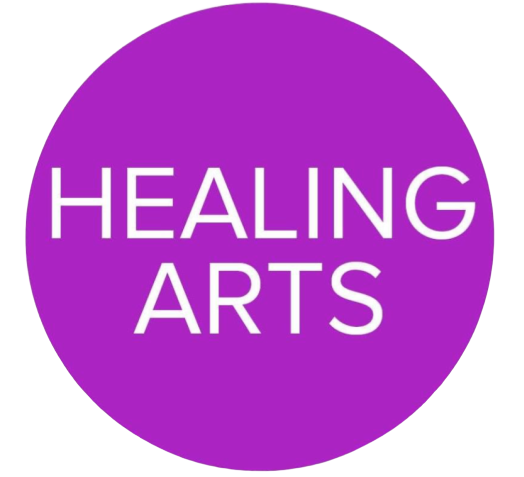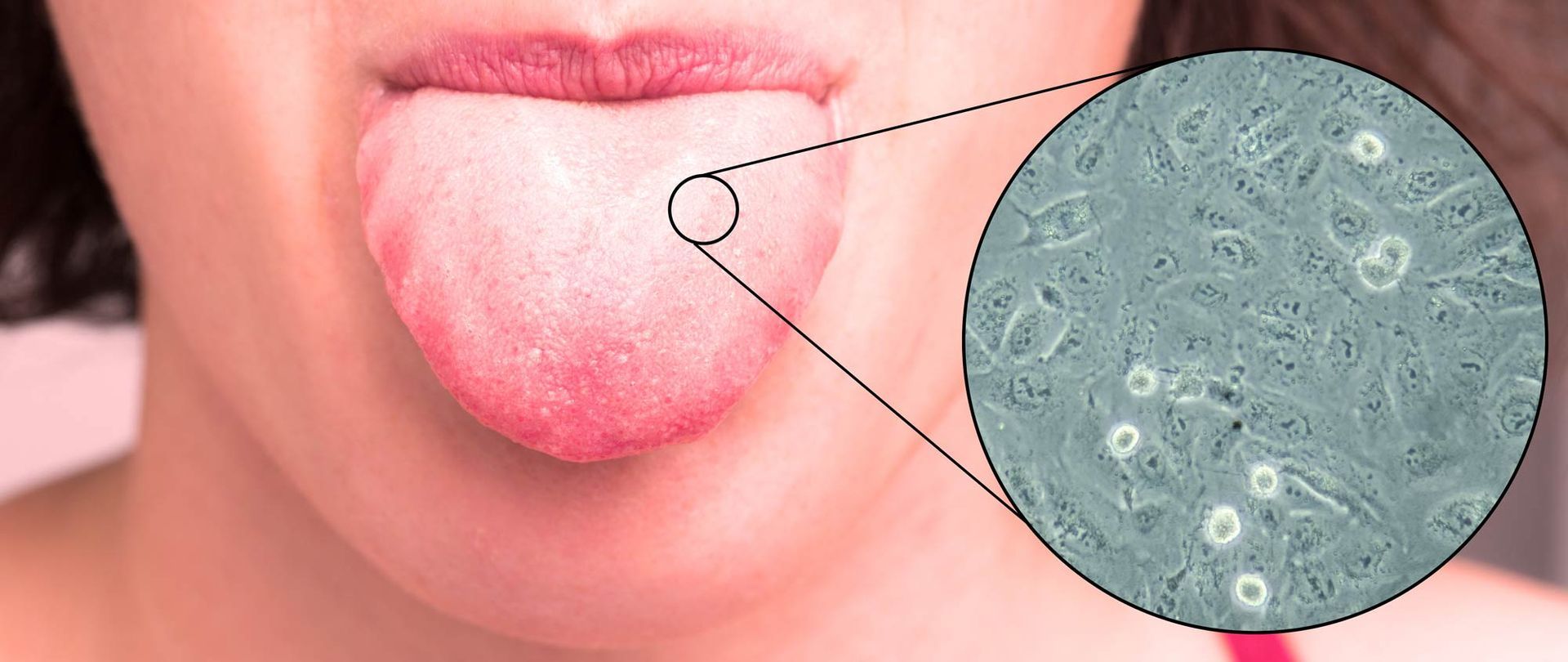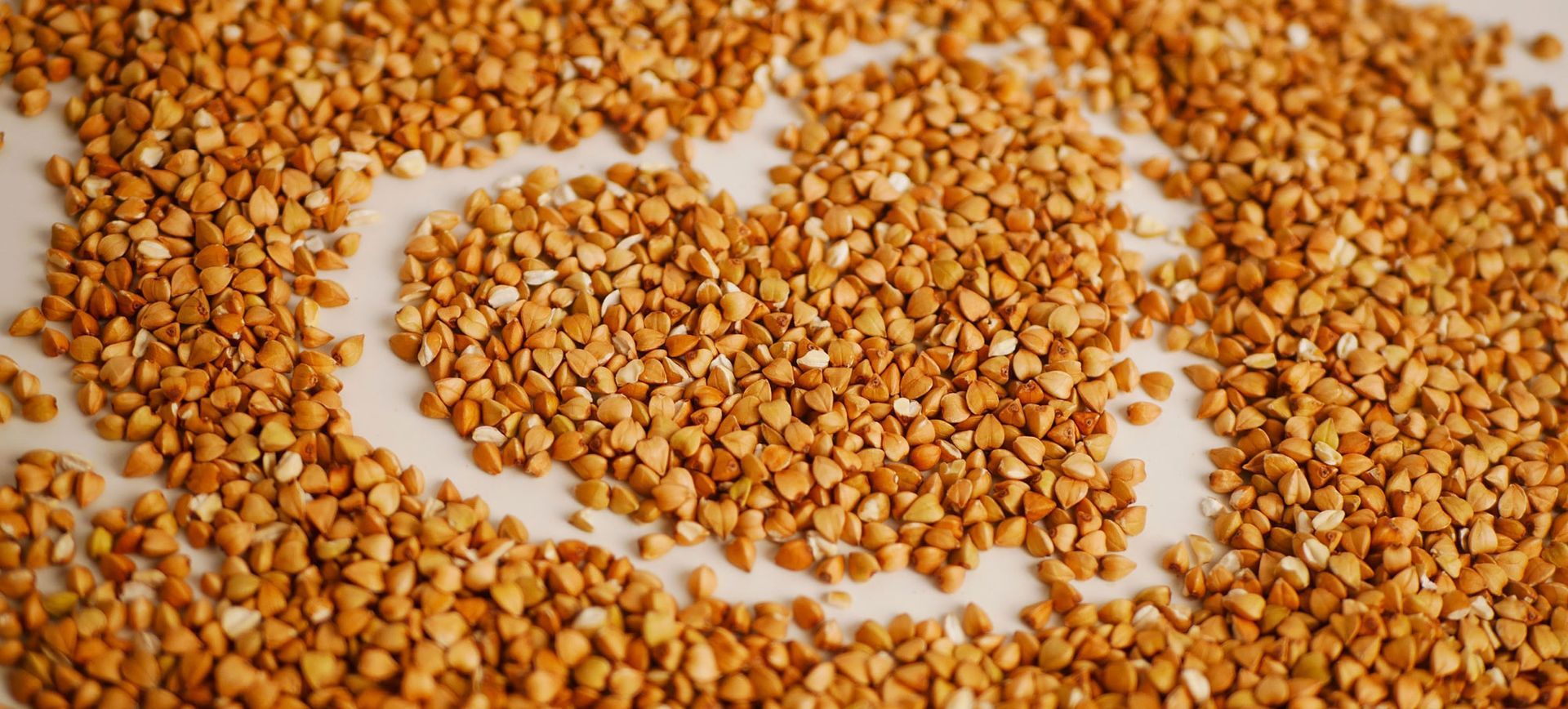Healing Arts NYC - Manhattan's Premier Integrative Health and Wellness Center - Dr. Alicia Armitstead
(866) 585-5999
How Stress Causes Hormone Imbalances
Let's take a look at the hormone cortisol as it relates to the stress response to get a clearer understanding of the biochemical state of the body when we experience hyperarousal (that is, the scientific term for what we might so very eloquently call "freaking out") and explore how we can return the body to a state of balance and stability.
-Dr. Alicia Armitstead
You've probably heard the hormone cortisol called the "stress hormone." While cortisol primarily influences Stress,, it also supports a wide variety of other physiological roles. It is responsible for three major actions that keep you alive: raising blood sugar, increasing blood pressure, and regulating inflammation.
Stress. It's everywhere. The shoulder-tensing kind of stress that leaves you wired but tired and taunts you to reach for that pick-me-up of sugar or coffee. Then comes the guilt because you know you aren't handling it appropriately. That's when we are stressed about our stress, which doesn't help! So, let's take a look at the hormone cortisol as it relates to the stress response to get a clearer understanding of the biochemical state of the body when we experience hyperarousal (that is, the scientific term for what we might so very eloquently call "freaking out") and explore how we can return the body to a state of balance and stability.
What is Cortisol?
To fully understand stress management and to discover a place of balance without daily stress, it is important to understand cortisol's dynamic influence on our everyday function. At the most basic level, cortisol is a hormone- a chemical substance that acts as a messenger to direct the activity of specific cells or organs in the body. You've probably heard of cortisol being called "the stress hormone." Still, it is also responsible for three primary mechanisms that help to keep the body in a state of balance, or homeostasis: raising blood sugar, increasing blood pressure, and regulating inflammation. Through these mechanisms, cortisol essentially influences nearly all that we do and is directly responsible for modulating:
- Digestion
- Circulation
- Sleep/wake patterns
- Physical activity
- Sexual response
- Behavior and mood
So, with this prestigious list of roles and responsibilities, why do experts suggest that cortisol imbalance is the most common form of hormone imbalance in the modern world?
Stress, The HPA Axis, and Cortisol
Cortisol is released by the cortex (or outer layer) of your adrenal glands. It is naturally secreted in an ebb-and-flow rhythm that repeats daily. Ideally, cortisol is highest in the morning to help us wake up productively, alertly, and energetically. It then tapers throughout the day and evening, lowest at night when we are meant to be sleeping soundly, at which point the soothing, anti-inflammatory hormone melatonin takes over.
In addition to this daily cycle that helps us wake up in the morning and go to sleep at night, cortisol is released as part of the natural human stress response. In threatening situations, a surge of cortisol primes the body to react swiftly and appropriately. This very primal system is called the hypothalamic-pituitary-adrenal axis. Whenever a stressor is perceived, the hypothalamus (a gland in the brain) signals to the pituitary (a hormone gland in the brain) that something is up. The pituitary then sends a chemical alarm via the hormone ACTH, signaling to the adrenals (the glands atop your kidneys) to release a burst of cortisol and other hormones like adrenaline, preparing the body for "flight or fight" mode.
This is where cortisol's three primary mechanisms come in handy: the surge increases glucose to the muscles so that one can fight or run. Blood pressure is raised to ensure a plentiful supply of fresh oxygen to the brain to think clearly. Simultaneously, non-immediate functions such as digestion, sexual arousal, and immune system reactions are temporarily suppressed, enabling energy to flow more steadily toward the vital tasks that keep us alive. When the threat subsides, the alarm in the hypothalamus is shut off, and the body is restored to a state of harmony, recovering and awaiting the following alert.
Adrenal Burnout
This method works great when there is an accident or medical emergency. Yet, unfortunately, the HPA Axis responds not only to acute stressors but also to anticipated and perceived stressors —our looming worries and fears. The HPA system is helpless in differentiating between psychosocial stressors like getting stuck in traffic or planning a dinner party and physical threats such as being in a burning building.
If we aren't careful, our daily lives can have stressors everywhere, and worry is rampant, so the HPA alarm is almost constantly stuck in the glowing red ON position. Cortisol levels soar in an unruly and destructive manner at bizarre times of the day and night, and suddenly, small tasks, such as packing a lunch or responding to an email, morph into treacherous evil threats that we feel like we can't handle.
Over time, the body can't compensate for this hormonal instability, and we start to burn out. The adrenals cannot keep up with the burden of constantly being told to secrete cortisol, and our systems slowly falter and shut down under such demands. This phenomenon is often called adrenal fatigue and is coupled with the experience of such troublesome conditions as heart disease, sleep problems, digestive issues, depression, memory impairment, excessive weight gain, and worsening skin conditions.
Rebalancing Cortisol
As much as we might close our eyes tightly and try to resist and control it, Stress is an inherent part of life. However, through adequate nourishment and care, we can put the body's biochemical systems back on track, shifting how we relate to Stress so that it does not shatter our everyday experience and stifle our creative expression. Building a nutrient-dense diet is essential to healing the adrenals, as is participating in healthy fitness, which involves adequate rest and recovery. That's why Healing Arts practitioners work with your body's biofeedback to devise a detailed diet and lifestyle plan that works for you. Here are some things we test for to help support and rebuild the adrenal glands.
- Fish Oil - Extensive research has shown that high-quality fish oil, such as cod liver oil, tuna oil, or krill oil, rich in omega-3s and fat-soluble vitamins, can effectively lower cortisol levels that were increased by mental Stress. Fish oil, especially with a source of vitamin K2, also provides the foundational nutrients beneficial in replenishing depleted hormonal stores and adrenal gland reserves.
- Deep Breathing - Due to our desk-sitting habits and stress-driven culture, many of us have altered our natural posture's musculature and become rapid, shallow chest breathers. This breath habit compromises oxygen flow, weakens the abdominals, causes adrenal strain, compresses organs, creates lower back pain, and stimulates adrenaline-cortisol release. Breathing correctly can neutralize this effect and turn off the HPA alarm.
- Magnesium - Numerous studies have found that the frequent release of adrenaline and cortisol in an unresolved stress response strongly correlates with decreased magnesium. What's worse? It all works in a vicious cycle because a lack of magnesium can cause anxiety, sleep disturbance, and depression.
- B Vitamins - According to research, B vitamins, particularly Vitamin B5 (pantethine), work to reduce the hypersecretion of cortisol. Paradoxically, excess cortisol depletes B vitamins from the system, so people with high-stress levels tend to be extremely deficient in these powerful vitamins. The B vitamins are most effective when taken together; thus, eating foods that are high in all B vitamins, such as liver, or taking high-quality B vitamin supplements is crucial in restoring energy levels.
- Earthing - Studies have shown that grounding is one of the most effective ways to restore natural hormonal rhythms during sleep, resynchronizing cortisol to its innate rhythm. Earthing, or grounding, is reconnecting with the earth's healing energy by allowing bare skin to come into direct contact with the earth's surface. This can be done by walking barefoot outside on the dirt or sand, swimming in lakes or the ocean, or using exquisitely designed earthing products that bring the earth's energy into the home using a grounded electrical system or grounding rod.



Click on a button to go a map.
315 Madison Ave Suite 2101 New York, NY 10017
25 Sylvan Rd. S. Suite B. Westport, CT 06825
42 Kilman’s Point Rd. Branford, CT 06450
Click on s button to go a map.
315 Madison Ave Suite 2101 New York, NY 10017
25 Sylvan Rd. S. Suite B. Westport, CT 06825
42 Kilman’s Point Rd. Branford, CT 06450
Healing Arts does not provide medical services. Suggested nutritional programs are not intended as a treatment for any disease. Our advice is not intended to diagnose, treat, cure, or prevent any disease or condition. ©2021 Healing Arts NYC. All rights reserved. Art Licensed by Shutterstock©









